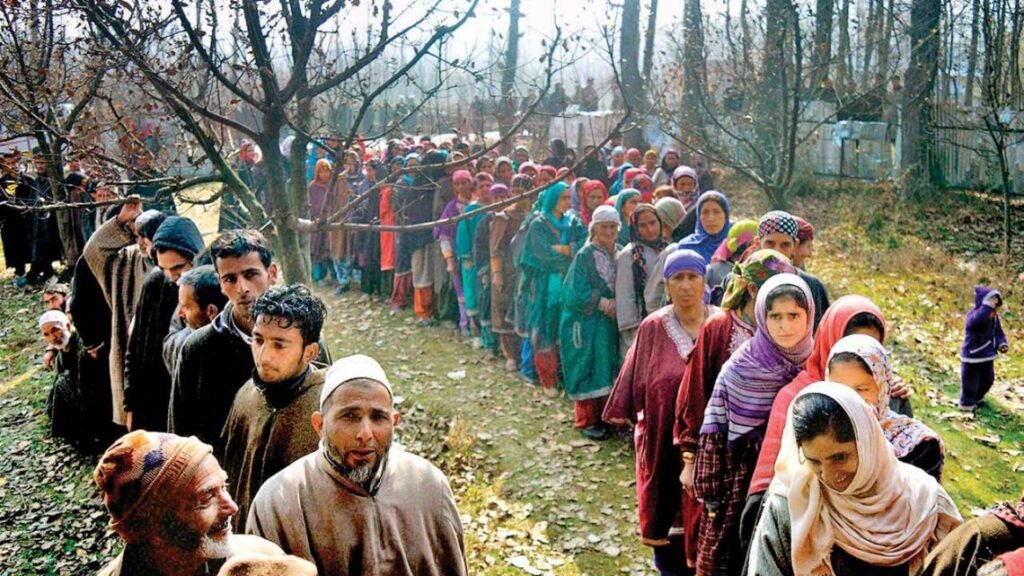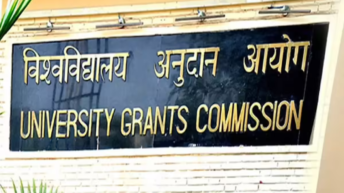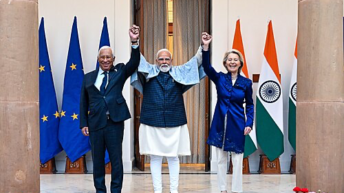
Jammu & Kashmir, for a common man in India, evokes varied thoughts. From its resplendent natural beauty of snowcapped Himalayan peaks, crystal clear lakes & rivers to a place which houses sacred Hindu temples like the Vaishno Devi and the Amarnath temple, Kashmir is also known as a place brutalized by constant violence, stone-pelting, grenade attacks, terrorism, insurgency, missing children, wailing mothers with heavily armed security personnel constantly guarding homes and streets.
Today, while the mainstream national newspapers carry at least one news item every week pertaining to Jammu & Kashmir, most of which relate to terror incidents or terror outfits, social media and internet sources consistently assure tourists that it is safe to stay and travel in J&K. A recent trip to Kashmir enabled interactions with local Kashmiris, security forces, administrative officials, the region’s political leaders, journalists, former militants, and the J&K police, giving an all-new perspective of the region and its people.
Kashmir cannot be understood without its history. When India attained independence from the British in 1947 and separated from Pakistan on religious basis, J&K was a major bone of contention for both India and Pakistan. While Pakistan claimed that J&K must join the Muslim majority Pakistan being the only remaining Muslim majority state, India claimed J&K belonged to it, as J&K was primarily a Hindu state. Owing to the misdeeds of our erstwhile leaders, J&K joined the Indian Union, albeit, as an independent & autonomous state with its exclusive constitution, exclusive laws, an exclusive flag and exclusive resident rights for its people, different from the rest of India. For India it was a state with special privileges while Pakistan believed that the autonomous state would soon accede to Pakistan. This confused and ill-conceived accession of J&K had led to the perpetual alienation of the Kashmiris from the rest of the Indians, which was skillfully exploited, by Pakistan, as well as the separatists and terror outfits, to sustain violence in the region, which most often, also, spilt over to almost all parts of India.
This forced New Delhi to deploy heavily armed security personnel tasking them with containing the violence with no thought or strategy to address J&K’s root problem- i.e. its constitutional autonomy which led to the alienation of its people from the rest of the country and Pakistan’s territorial claims to J&K with its consistent and disruptive interferences in the affairs of the state. As a result, the people of J&K became perpetually confused, anxious and alienated with constant fear of loosing a loved one to either the terrorists or the security personnel and due to the state’s constitutional autonomy and exclusivity, they were constrained from seeking any assistance or shelter from New Delhi.
India needs J& K & its residents not only for its Switzerland like terrain and weather or because it historically belonged to us, but because its people have in their hearts believed in the idea of India and surrendered to the Indian union 74 years ago, very much like many princely states and its people.
Today, although India geographically administers most of J&K’s territory and the abrogation of Article 370 has led to the constitutional and administrative integration of J&K with the rest of India, most residents of J&K are still confused and anxious with uncertainty looming large in their hearts and minds. With innocence in their blood, their experiences have taught them survival skills, which is evident by their innocent and tactful conversations. Economically, although the state receives hefty grants from the central government, its people primarily depend on agriculture and tourism industries, both of which still have a huge potential for improvement. While public sector remains a major source of employment for young Kashmiris, what the people of J&K need is not employment or development alone, for; an average Kashmiri owns a four to six bedroom villa with a backyard comprising walnut and apple trees, enough to give the family an above middle class standard of life. The people of J&K seek employment generation & development from the government, more to keep their young ones away from the pressures and influences of the anti-national elements and not merely for their economic sustenance.
Though J&K’s integration with the Indian union, kick started with the abrogation of Article 370 & Article 35A, it is till today, at best, only a work in progress! Responsibility for its complete integration is cast on every stakeholder namely- the people of the region, the administrative and revenue officials, the security personnel, the region’s political leaders, the Union government and the rest of Indians. The people of the region have accepted the abrogation of their special status, and eagerly look forward for the transformation of their lives, with uncertainty and anxiety. The officers and security personnel in the newly formed UT’s are shouldering a combination of unprecedented responsibilities to contain violence, deliver better standards of life to its people and also to truly win their hearts and minds. The region’s political leaders, on the other hand, are distraught for loosing their statehood to a Union territory and are struggling for their political survival with incessant claims for restoration of statehood to J&K. The Union government is reaching out with extended arms generating employment, improving connectivity, wooing development, containing violence and constantly proving its efficacy and transparency.
While all stakeholders, for the first time in independent India, are seriously engaged in integrating J&K with the Indian Union, the real solution to J&K’s problems lies in integrating its people with the rest of the Indians, which can only happen with empathizing and re-assuring the hearts and minds of its people. And this is a responsibility that every Indian must now shoulder!






Excellent